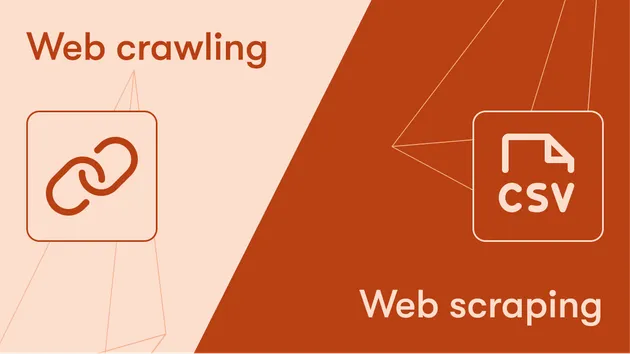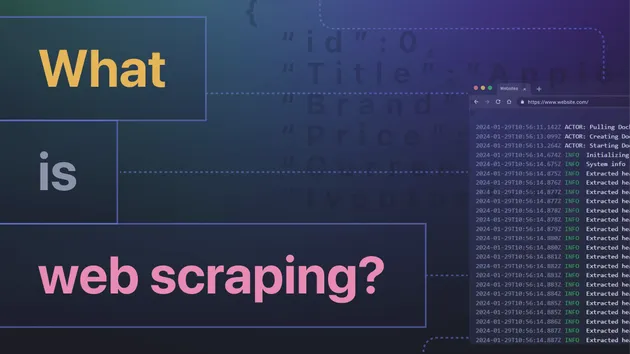Web Scraper Experimental Debug
Pricing
Pay per usage
Web Scraper Experimental Debug
Experimental version of Apify Web Scraper with Chrome debugger integrated
Pricing
Pay per usage
Rating
0.0
(0)
Developer

Marek Trunkát
Actor stats
3
Bookmarked
81
Total users
1
Monthly active users
5 years ago
Last modified
Categories
Share




